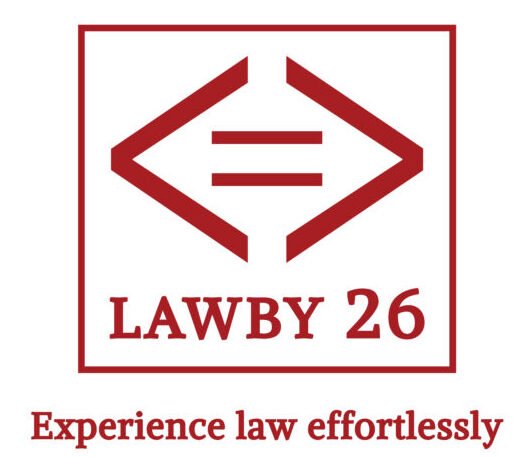Novation is the replacement of any one party in an agreement between two parties, with the consent of all three parties involved. In simple terms, novation is like giving your friend permission to take your place in a deal. Imagine you promised to mow your neighbour’s lawn for some money, but you can’t do it. With novation, your neighbour agrees that your friend can mow the lawn instead, and your friend gets the money you were supposed to get. It’s like swapping in a new person, with everyone’s approval, so the original promise still holds but with someone else doing the job.
Section 62 is rooted in the concept that those who initiate something can also bring it to an end. Under Section 62 of the Indian Contract Act, 1872, it is affirmed that when parties involved in a contract wish to terminate it, they have the option to either substitute a new contract for the existing one, rescind it, or make alterations. In the case of Scarf v. Jardine (1882), Lord Selborne provided a detailed explanation of novation, emphasising that it occurs when a new contract replaces an already existing one, regardless of whether it involves the same parties or different ones. The crucial aspect is that the new contract takes precedence, leading to the discharge of the old contract. Lord Selborne illustrates the concept of novation in the dissolution of a partnership firm.
Elements of Novation:
- All parties involved must mutually agreeto the novation.
- There must be a clear intention among the parties to discharge the original contractual obligations
- Every party affected by the novation must expressly agree to the substitution.
- The original contract is fully dischargedor terminated through novation
Who should sign a novation agreement?
- Original Parties
- Incoming parties (New Party)
- Any third Parties affected.
When can parties usually opt for Novation?
- Change in Business Ownership
- Restructuring Agreements
- Dissolution of Partnership
- Transfer of Liabilities
- Changing Terms and Conditions
- Dealing in securities in financial markets
In the case Dadri Cement Co v. Bird and Co (P) Ltd (1974), a property sale contract existed, and the parties aimed to create a new arrangement by substituting the existing agreement, deed of pledge, and power of attorney. The substitution facilitated the replacement of the old arrangement with the new one. The central issue raised was whether this substitution constituted novation. The Delhi High Court concluded that indeed, this action constituted novation. Consequently, the prior arrangement became ineffective, and the original contract was no longer enforceable.
In summary, novation serves a crucial legal tool, allowing parties to substitute or alter contracts with mutual consent. Whether through explicit or implied actions, novation enables the creation of new agreements, facilitating adaptability in contractual relationships.
Done By: Reshma A, 5th year B.Com., LL.B(Hons.)
SRM University, Kattangulathur
For Origin Law Labs



